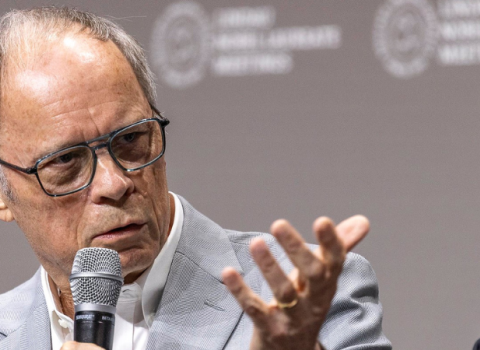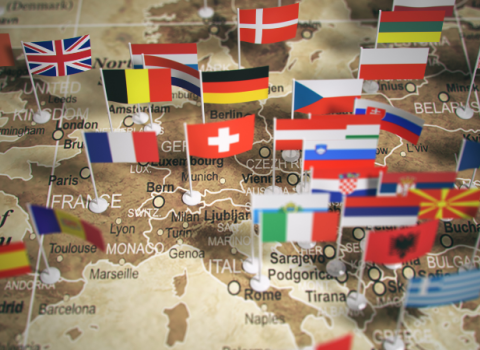
Karolinska’s Pawitan
Adjuvant therapy, such as Tamoxifen chemotherapy, is typically given after a primary therapy like mastectomy or lumpectomy. It can significantly improve the survival of patients, if it works. Adjuvant therapy is used to eradicate the microscopic disease that surgeons cannot see or that might be throughout the body. But overtreatment and undertreatment with such therapy, which can be painful, are major problems.
The researchers used DNA microarrays to analyze the gene-expression profiles from frozen tumour tissue of 159 early-stage breast cancer patients. They discovered a subset of 64 genes which, if found in the tumours, can help separate patients with good and poor prognoses for adjuvant therapy. Their paper appeared in the 3 October issue of the journal Breast Cancer Research.
"We can't identify whether a person will benefit from adjuvant therapy. So far no chip can do that," said Yudi Pawitan, professor of biostatistics at Karolinska in Stockholm, and lead author on the paper. "But we can identify the patients who will not."
Ultimately, the group wants to identify patients who will benefit rather than those who will not; further research is being conducted towards that end. But the current microarray containing the 64 genes is a good first step, as a large group of people will not benefit from Tamoxifen or other adjuvant therapy. The microarray is not used for patients with metastatic breast cancer, that is, cancer that is spreading.
The Karolinska researchers collaborated with Bristol-Myers Squibb (BMS) in the US, the Genome Institute of Singapore and others. Pawitan said BMS and the Genome Institute contributed significantly to the cost of extracting and processing the genetic material to study. The Genome Institute of Singapore has sophisticated facilities for handling the microarrays. Pawitan said Karolinska, BMS and the Genome Institute share the intellectual property rights. He did not comment further on the nature of the obligations between Karolinska and the two parties. BMS has not pushed for further work so far, but the Genome Institute will keep supporting the ongoing research.
To take the next step – to tell which patients could be helped – requires data from randomised patients. The testing already has been done, but Karolinska needs more money to process the data. Pawitan said that on 1 October Karolinska and the Genome Institute submitted a proposal for $2.5 million in funding over five years to the US National Institutes of Health in Bethesda, Maryland. That would cover the costs to study about 600 patients. Pawitan said he hopes to hear from the NIH within the next few months.





 A unique international forum for public research organisations and companies to connect their external engagement with strategic interests around their R&D system.
A unique international forum for public research organisations and companies to connect their external engagement with strategic interests around their R&D system.